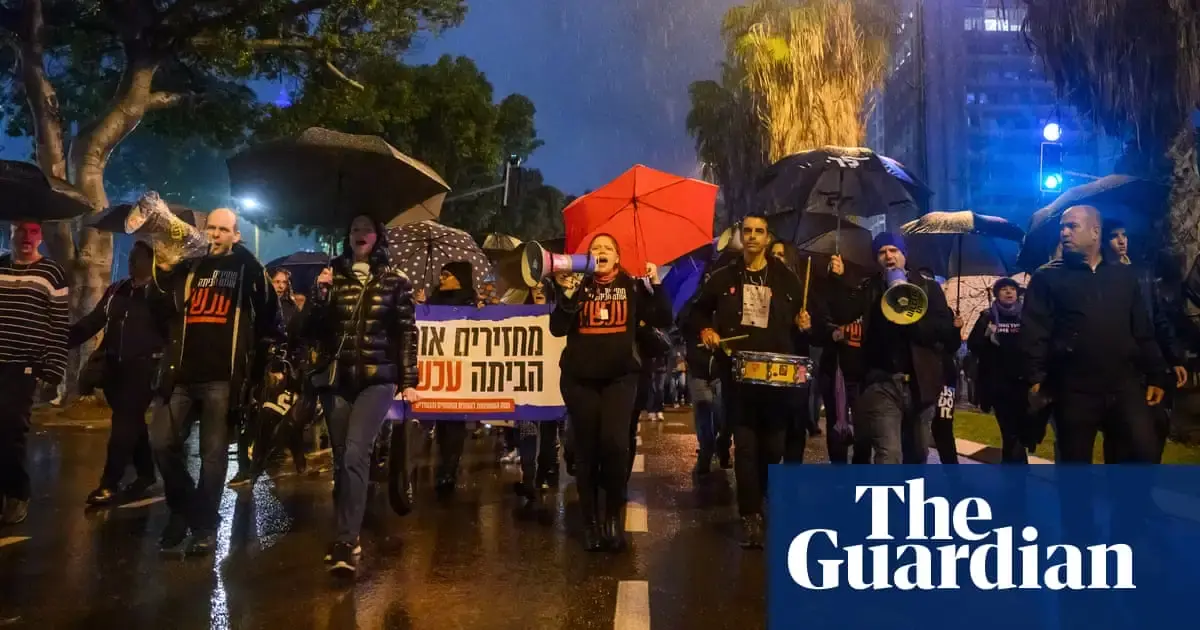Head of psychiatry at Tel Aviv medical centre says hostages have undergone worst abuse she has witnessed
It’s great that these people are receiving treatment, not only because it’s the right thing to do but also so that the world gets an accurate idea of how much damage is actually being done and what kind of resources will be needed to heal from this war and occupation.
The trauma experienced by hundreds of thousands of children and their parents in Gaza will also have long-term debilitating effects, psychiatrists and psychologists have warned, particularly as there are no therapeutic facilities left. Few of Gaza’s hospitals are functioning any more, even for operating on the severely injured.
There are also thousands of examples in the West Bank, especially with warrantless entries to Palestinian homes (most often done at night to instill more fear and suffering from sleep deprivation onto the Palestinians) and indefinite incarceration without charge, sometimes subject to torture.
No shit.
Don’t miss the last four paragraphs of the article.
Bro, I heard you like trauma… how about we make that generational?
Israel out here breeding the next generation of Hamas recruits.
deleted by creator
Do people typically overcome severe trauma within two months?
🤖 I’m a bot that provides automatic summaries for articles:
Click here to see the summary
Many of the hostages released from detention in Gaza by Hamas in November still require intensive treatment for the trauma from their weeks in captivity, a leading Israeli psychiatrist has said.
Renana Eitan, the head of psychiatry at the Ichilov Tel Aviv medical centre, said the hostages had undergone the worst abuse and trauma she had witnessed in her career.
Eitan said news footage of joyful reunions as 120 hostages were released in the last week of November masked a darker underlying reality.
The Ichilov Tel Aviv centre is consulting psychiatric institutes around the world and other organisations dealing with post-traumatic stress disorders.
The trauma experienced by hundreds of thousands of children and their parents in Gaza will also have long-term debilitating effects, psychiatrists and psychologists have warned, particularly as there are no therapeutic facilities left.
“I can see the seeds of that even now in the young people with whom our Gaza team is working amid bombs in shelters and on the rubble crowded streets,” he said.
Saved 80% of original text.
Regardless what side of the border they started on, very few of these people want their lives ruined.








